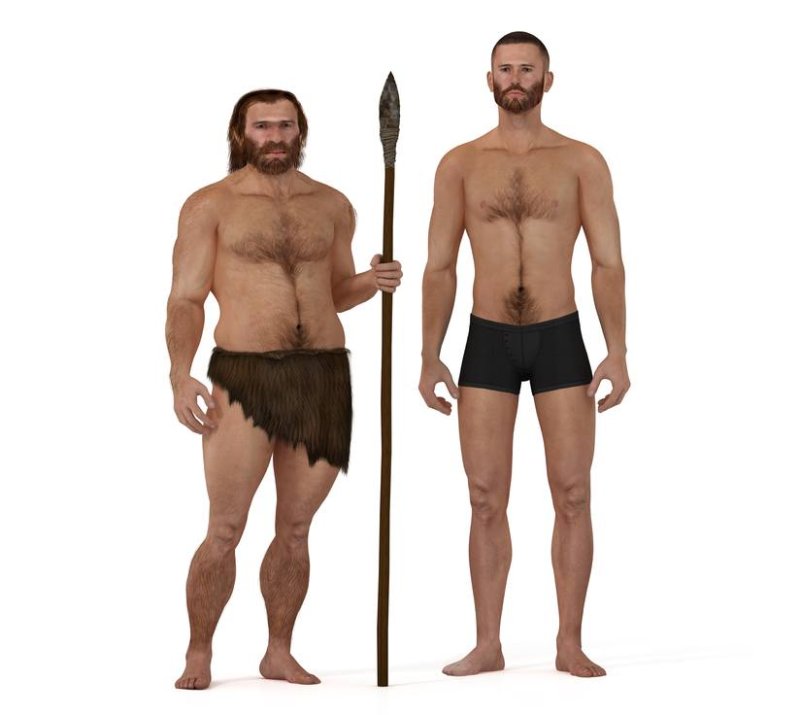Neanderthals are the closest evolutionary relatives identified to date of all people living today. They are so close to us that some people — those of European and Asian heritage — retain a fair amount of DNA from these big-brained, big-headed hominids who once dominated much of the world.
Now new research finds that Neanderthals are even more with us than previously suspected. A paper published in the journal Science finds that individuals whose primary heritage lies outside of Africa possess 10–20 percent more Neanderthal DNA than was reported earlier, with probable influences on their appearance, behavior, health, and even habits, such as smoking.
East Asians were found to carry somewhat more of this DNA, 2.3–2.6 percent, than people now living in Western Eurasia, 1.8–2.4 percent.
…
A second new paper concerning Neanderthals, published …in the American Journal of Human Genetics, finds that their genetic influence in living populations also extends to skin tone, hair color, sleep patterns, mood, and a person’s smoking status.
…
But research in this field does suggest that each person alive today possess a unique genome tied to his or her particular ancestry — both recent and going back tens of thousands of years. Beyond environmental influences, these DNA signatures underlie the very essence of people, affecting everything from their appearance to their health.
The GLP aggregated and excerpted this blog/article to reflect the diversity of news, opinion, and analysis. Read full, original post: Neanderthal DNA Influences the Looks and Behavior of Modern Humans































